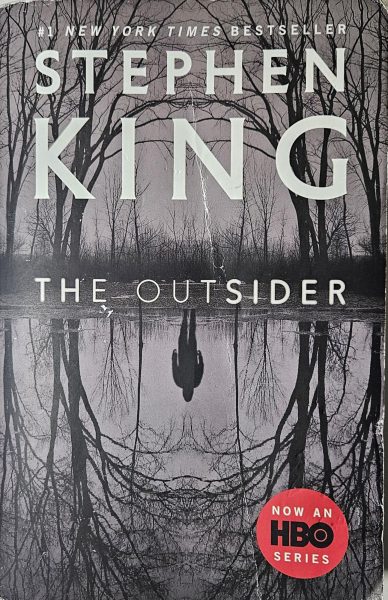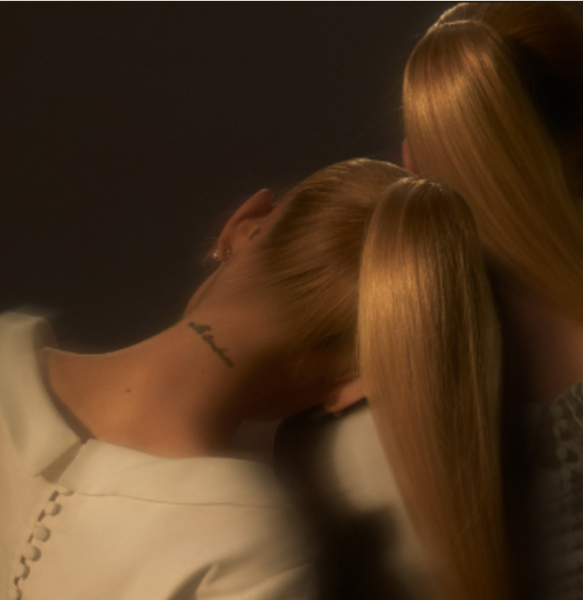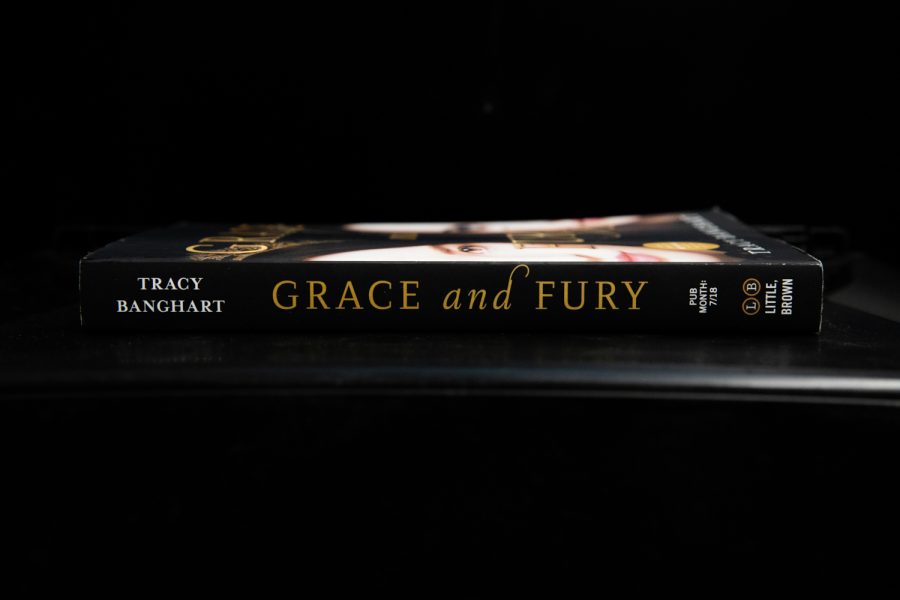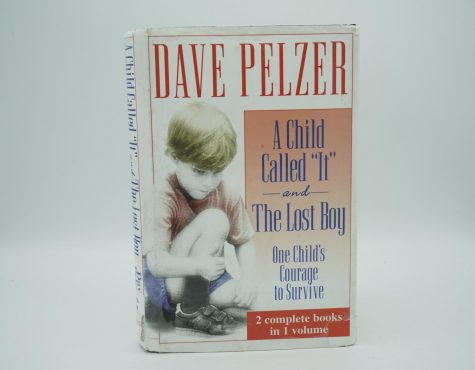Romance, rebellion, and feminism: the perfect combination… right?
Read “Grace and Fury” to find out.
Grace and Fury by Tracy Banghart is the story of two sisters: Serina and Nomi. Serina has been trained her whole life to become a Grace, which is basically a glorified concubine of their country’s ruler, the Superior, and his son, the Heir. Nomi wants nothing to do with the Graces, but she is set to be her sister’s handmaiden if Serina becomes a Grace.
In their country, women have little to no rights. They aren’t allowed to read, choose their own husbands, or even cut their hair without permission. This doesn’t stop Nomi from getting her twin brother to teach her how to read. And it doesn’t stop her from stealing a book from the royal library at the ball where the Heir chooses his Graces. When the Heir (Malachi) and his younger brother (Asa) almost catch her red-handed, Nomi does what any headstrong protagonist would do: sass the people in authority. She’s sure she’ll be punished severely for this, but instead, Malachi chooses her as his Grace.
Serina is stuck as her sister’s handmaiden. But things get worse for Serina when’s she’s seen with the book Nomi stole. Serina is sent to Mount Ruin, a prison where teams of convict women must fight to the death for food.
Meanwhile, Nomi struggles to be a Grace, to be who her sister was meant to be. Everything gets way more complicated when Asa convinces her to help him become the new Heir by destroying Malachi’s reputation. As Heir and eventually Superior, Asa promises to give women rights and rid the country of corruption. Now both sisters are at risk, and both are determined to rescue the other from their separate fates.
One of my problems with Grace and Fury is that it’s a bit unrealistic. It’s a fictional story that takes place in a fictional world, but this world still follows the same physical rules as ours. No magic. Everybody’s human. And humans tend to follow the same logical patterns. For example, the Superior’s security system is about as useful as sealing a vault door with glitter glue. He might as well tape an “Assassinate me” sign on his own back. SPOILER: The Superior dies at the end. You know what might have prevented that? Some realistic security fitting for the leader of a powerful country. The only reason it doesn’t happen sooner is that the characters that kill him use roundabout murder methods for the sole purpose of furthering the book’s dramatic plot. It’s essential for characters to make decisions that serve the plot, but if those decisions are completely unrealistic and stupid, the plot should be changing, not the characters.
The reasoning behind the sexism is also a bit weird. Sexism and other forms of discrimination are meant to be a sort of “I hate you for this thing you can’t control just because you’re different” deal, but that’s exactly what’s off in this story. Nomi discovers that the first ruler of her country was a woman who was overthrown by men, which is why women are persecuted now. The men are afraid of the women becoming too powerful and taking over again. But the author tried too hard to give the men a reason to be sexist.
I feel like the whole message of the book for modern readers is supposed to be that women are powerful and capable people who deserve the same treatment as men. But women aren’t oppressed because we’re going to take over and oppress the men if they’re too nice to us. In real life, it’s because we are perceived as lesser, weaker beings. The book does mention this as a reason for its world’s sexism, but the whole women-are-gonna-take-over thing detracts from a reason that readers can actually relate to.
Besides these issues, Grace and Fury is pretty good. It isn’t exactly remarkable, but I enjoyed reading it. There are some not-entirely-predictable plot twists at the end… No, scratch that. I definitely saw them coming. Anyway, it’s worth reading. It’s the first in a series (Queen of Ruin is next), so the story of Serina and Nomi continues beyond Grace and Fury. This is fortunate, especially considering that Grace and Fury ends on a cliffhanger. We all love a good cliffha—
(Get it?)
Your donation will support the student journalists of Mead High School. Your contribution will allow us to purchase equipment and cover our annual website hosting costs.

Adah McMillan is a Senior. She enjoys reading, drawing, eating candy, playing the piano, listening to musicals, and being right. She is involved in choir, NHS, the MHS Book Club, and SVVSD's Innovation Center. She is excited to do more work in The Mav this year and make the website as perfect as it can be.
You can contact her at [email protected].

















Ulyana Pyrlik • Mar 1, 2019 at 7:46 am
That is a great description of the book! I think the story has many various ideas and is a good one for speculations. I should definitely read it!